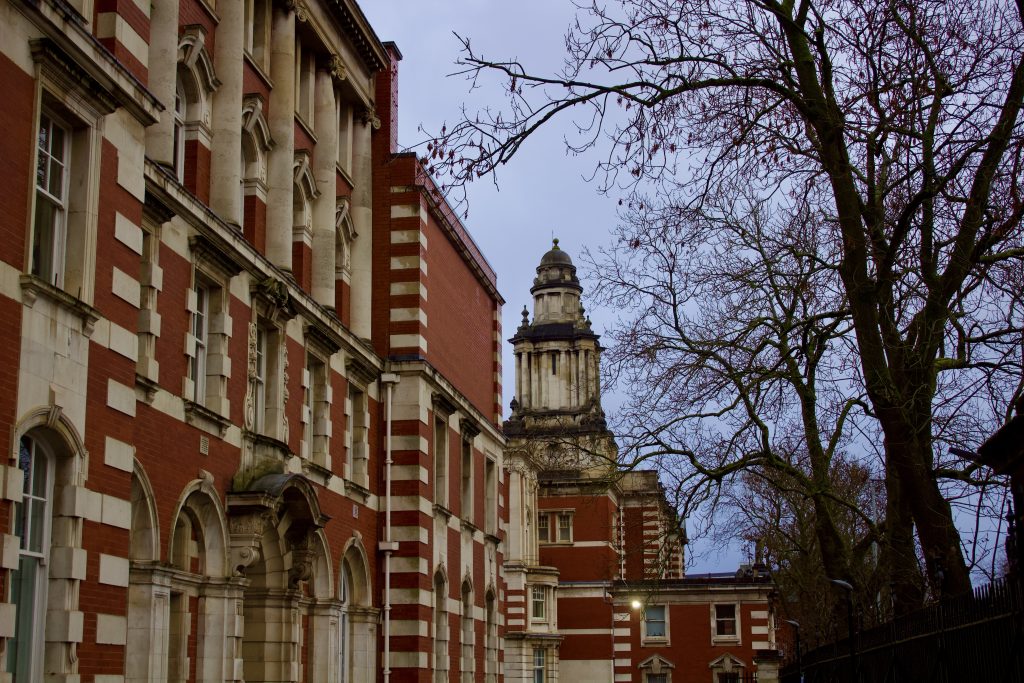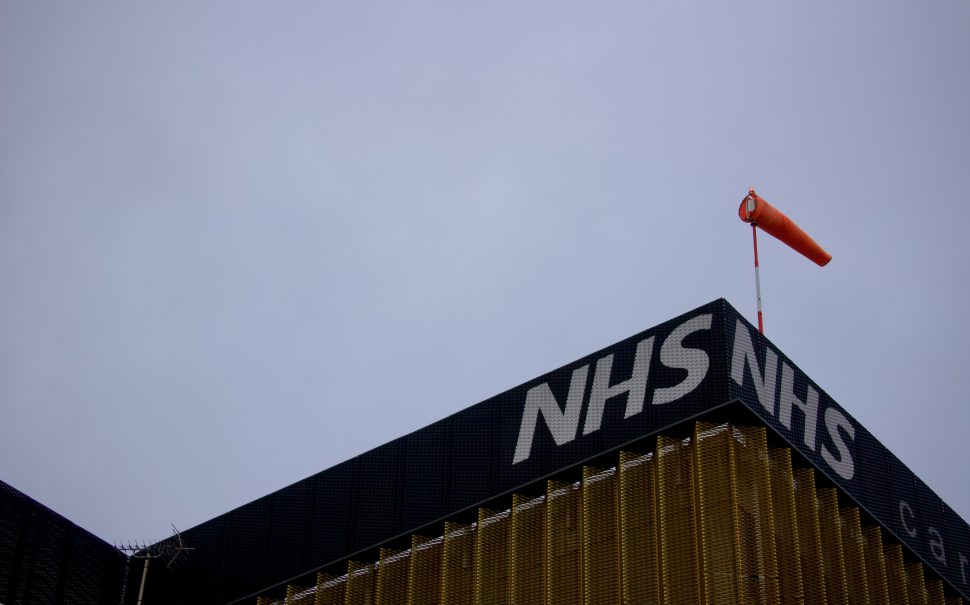In the aftermath of Covid-19 and the present cost of living crisis, many Manchester-based NHS trusts have had to spend much more than they did previously – leading to the area’s biggest trust running into a deficit.
The Manchester University NHS Foundation Trust (MFT) has been running in deficit for two consecutive years, with a total deficit of £53,744,000.
Meanwhile, other Manchester NHS Trusts, including The Christie and The Greater Manchester Mental Health (GMMH), have not come into deficit yet, but have still seen their surpluses affected in the past five years.
In 2021 the government announced a long-term increase in NHS funding until 2024/25, but trusts have not been able to combat their growing expenses with the extra funding.
King’s Fund, a health think-tank, said: “Many providers and commissioners are still likely to struggle to balance their budgets in coming years because of the continuous increase in demand for services, rising inflation and the costs of tackling the Covid-19 pandemic.”
Pressures have been on various NHS trusts since 2010/11 when austerity cuts meant that the trusts across the UK were spending more than they were earning.
“Overall it is down to the lack of government-backed funding,” said Laura, a former employee at The Christie.
“They did announce plans to give NHS trusts funding till 2024/25, but that’s nowhere close to enough. The NHS needs more money.”
In Manchester, no trust has had it worse than the MFT, which has seen a disproportionate rise in expenses as compared to income.
MFT is the largest trust in the UK and runs 10 hospitals across Greater Manchester but the costs of running such a huge trust are more than £2bn yearly.
The large size along with the effects of the cost of living crisis, Covid-19 and the union strikes has meant that in the last two years, MFT has incurred a total deficit of £53,744,000.

Adam Stevenson, an academic at the Institute for Health Policy and Organisation in Manchester, said: “The MFT has been over-burdened by the pandemic and the cost-of-living pressures have spread them too thin.
“Their waiting lists are larger than ever, and to combat that MFT is attempting to invest all that they can – so no wonder they have been in a deficit in the aftermath of Covid.”
The deficit in 2022/23 was lower than 2021/22 by £9m; however, the financial year still ran in a deficit of over £22m.
A key reason for this is that the expenses have overtaken the income in the past few years.
The MFT was crucial in responding to the Covid-19 pandemic, in 2020 – a lot of its staff members were involved in testing and vaccinating the public during the crisis.
At this time, their operating expenses rose by 30.96% and their operating income also rose equally by 26.10% – leading to MFT being just above break even in 2020/21.
In the years that followed, the operating expenses kept rising at an average of 12.24% a year, and the rise in income was not proportional.
Since 2018/19 the expenses of MFT rose by £1bn, a rise of 66.0%, but income only rose by 55.3%.
Which in large part has led to the deficit being faced by MFT currently.
MFT is the only trust in Manchester that has spent the past two years in deficit, but the other two trusts have similar problems to the MFT, with a disproportionate rise of expenses over income.
The Christie is a leader in cancer research and development, with the trust running one hospital in Withington.
It was not as involved as MFT in the response to Covid-19; hence, their operating expenses did not see the drastic rise that MFT did.
Operating expenses for the trusts’ rose by 40.84%, from £304m to £428m, in the last five financial years.
Their income has also increased but at a slower pace from £335m in 2018/19 to £427m in the most recent financial year.
This means that the income has only increased by 27.39%, which is 13.45% less than the rise in its expenses.
GMMH similarly did not have to focus much on Covid-19 in the past five years – and is the only Manchester-based NHS trust to have greater income than expenses in 2022/23.
“It is not surprising to hear that the Mental Health trust’s income is high,” said Mr Stevenson.
“In recent years, especially through the pandemic, our focus on the importance of mental health has increased […] so there is probably newer funding that is going towards the trust.”
Former PM Boris Johnson in 2019 announced £72.3m funding for the GMMH to build new adult mental health units to emphasise the importance of mental wellbeing.
Mr Stevenson stressed that the increased importance and funding does not mean that GMMH is now a profitable trust.
While GMMH might be the only trust with greater income than the expense in 2022/23, they have also seen a dip in their surplus by 37.73% in the past five financial years.
Similar to Manchester’s NHS trusts either running in deficit or close to it, trust and integrated care units across the country are on a similar path – with Sky News reporting that local NHS trusts are spending £2.5bn over plans.
King’s Fund told the publication: “I think fundamentally, the story is there wasn’t enough funding in the system to meet the demands that were being asked of the system.”
Former Christie employee Laura added: “The NHS needs to be better funded.
“It cannot sustain going on like this for much longer.”
Featured Image credits: Shikhar Talwar @ Mancunian Matters



